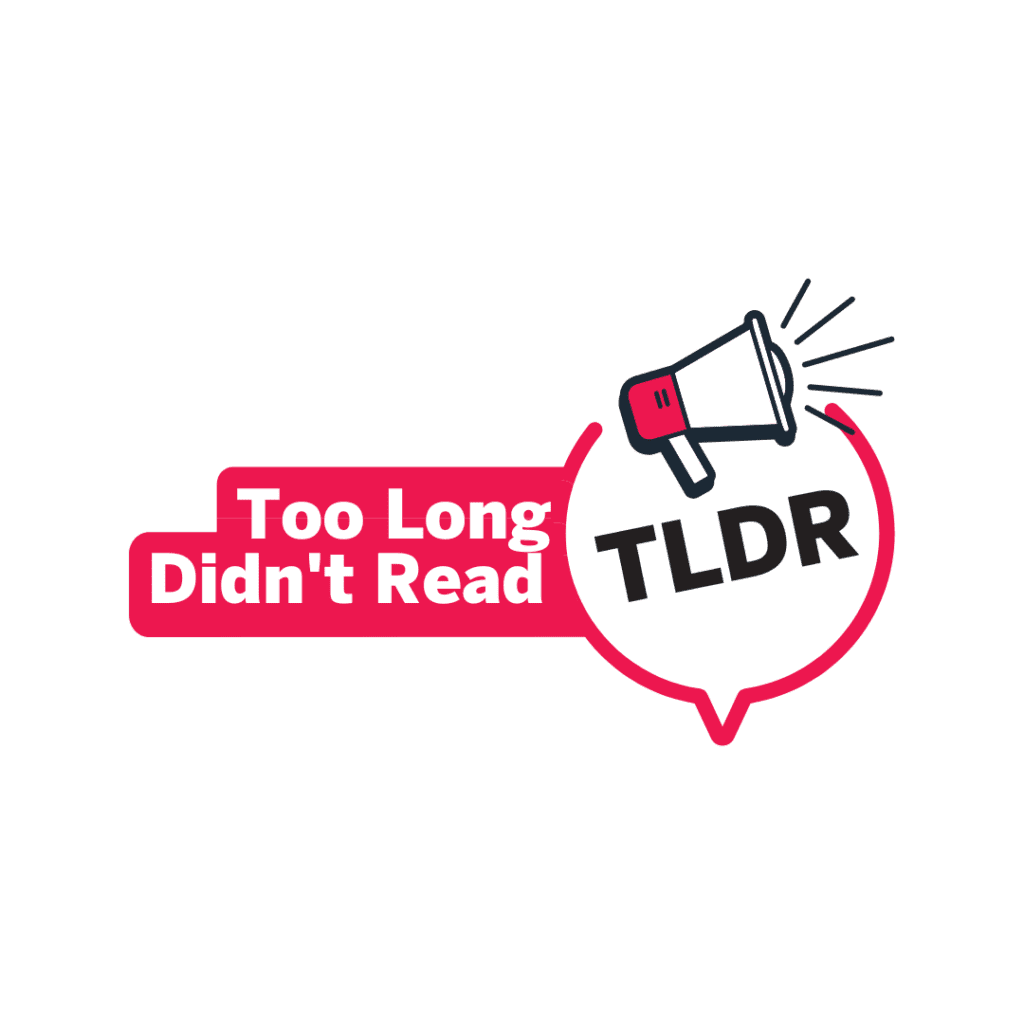

Project Summary
A developing area of research focuses on ‘successful aging’, which has the central objective of discovering significant predictors of optimal health in later life so that risks of disease and disablement can be targeted and reduced. From this research, there is evidence indicating beliefs that older adults have of their own aging process (aging expectations) play an important role on health and healthy behaviors (e.g., sport and physical activity) throughout later life.
The current research project develops our understanding of this area by examining the relationship between older adult’s expectations of aging and their involvement in preventive health behaviors such as sports and physical activity. Previous evidence shows that older adults who expect decline with age are less likely to engage in 30 minutes of moderate-to-vigorous walking activities in the previous week compared to those with affirming aging expectations; however, the impact that aging expectations have on other modes of physical activity has not yet been explored.
As a result, the main objective of this research was to discern the influence that aging expectations have on multiple kinds of physical activity behavior.
Research Methods
249 adults aged 40 and greater (average age was 70 years) completed a multi-scale pencil-and-pen survey. Recruitment took place in the Greater Toronto Area. Participants were all community-dwelling as they were recruited from retirement housing complexes, recreational activity groups (both physical (e.g., mall walking groups) and cognitive (e.g., bridge)), and senior centers. Each individual was given a survey, a stamped and addressed envelope. The questionnaire surveyed a) multiple physical activity practices and preventive health care seeking behavior (getting a routine annual physical exam from a health care professional), b) mental, cognitive, and physical aging expectations), and c) a number of important social, demographic, and clinical factors that are important and relevant to the associations being tested (e.g., gender, ethnicity, cultural background, income, education, chronological age, depression, reports of pain, restriction of daily activities, and chronic conditions). Ethics approval was granted from York University and all participants had to provide informed consent.
Research Results
Are aging expectations associated with multiple kinds of physical activity behaviour?
Higher aging expectations were found to significantly relate overall physical activity, participation in strenuous sport, and lawn work or yard care. Again, an examination of the aging expectation sub-scales revealed that these overall effects were driven by the physical health aging expectations only. Furthermore, solely physical aging expectations were also associated with participation in light sport activities, moderate sport activities, and light housework. Findings suggest that expectations of decline with age, namely declines in physical health, are associated with decreased reports of participation in various modes of physical activity. As a result, promoting positive aspects of aging may help maintain levels of physical activity across the lifespan.
Policy Implications
Our results may have considerable policy implications given the increased attention to ‘Aging at Home’ among many provincial and national health agencies. In general, they suggest that health messaging to older adults should reflect a more optimistic perspective since one’s expectation towards their aging influences their involvement in pro-health behaviors. However, we recognize the difficulties in implementing a ‘pro-aging’ messaging campaign in a society that values youth and may have unreasonable expectations of what constitutes ‘health’ and ‘fitness’ particularly in older age groups.
Next Steps
The most significant ‘next step’ is the development of an intervention framework with older adults, in an attempt to ‘disarm’ the negative stigma associated with older age. We anticipate that this will not be easy (if possible at all) given the social focus on youth, beauty, fitness – all concepts not normally associated with the aging person.
We also anticipate continued examination of the role of aging attitudes and expectations on other preventive health behaviours (e.g., diet, doctor visits) and other aspects of health (e.g., self-concept, social engagement).
Key Stakeholders and Benefits
- Provincial Ministries of Health, Health Promotion and Sport
- Health Canada
- Sport Canada
- Canadian Association on Gerontology
- Provincial Associations for Older Persons, Aging, and Gerontology